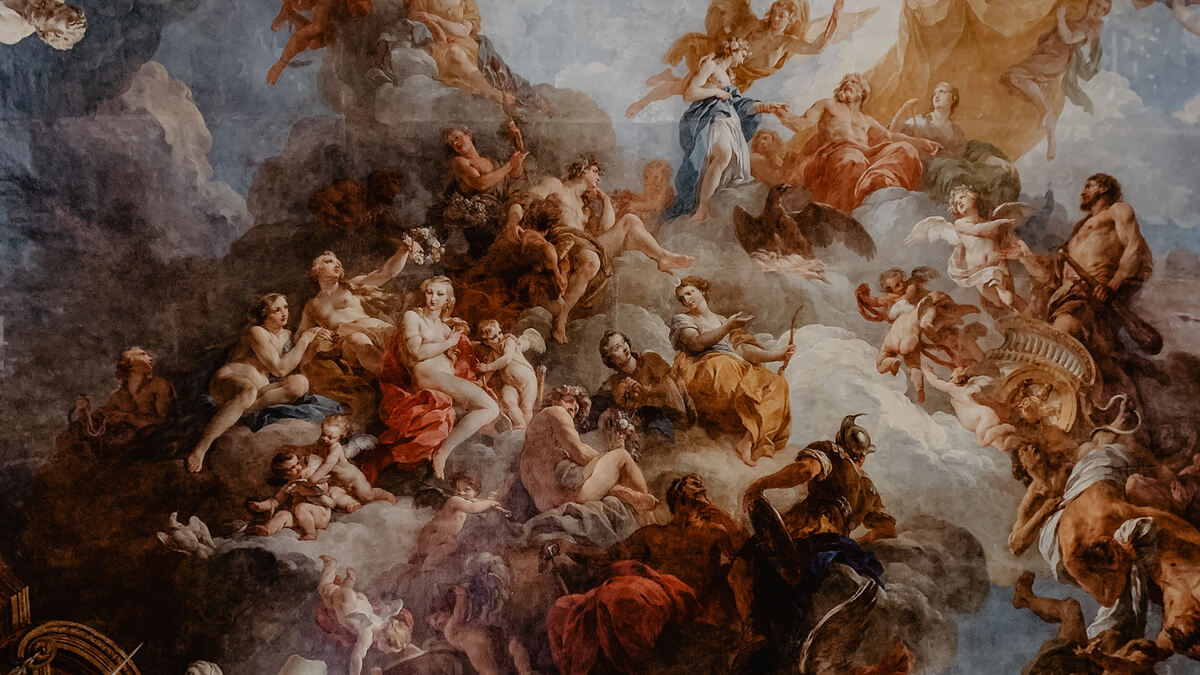In addition to the major gods and goddesses, ancient Rome also worshipped a pantheon of minor deities, who played important roles in Roman mythology and religion. The minor gods and goddesses of ancient Rome included Janus, Vesta, and Mercury, among others.
Janus was the god of beginnings and transitions. He was often depicted with two faces, one looking to the past and one to the future, and he was worshipped through various rituals and ceremonies, including the celebration of the festival of Janus.
Vesta was the goddess of the hearth and home. She was often depicted with a flame and was worshipped through various household rituals and ceremonies, including the celebration of the festival of Vesta.
Mercury was the god of commerce and communication. He was often depicted with a winged hat and sandals and was worshipped through various business and trade rituals and ceremonies, including the celebration of the festival of Mercury.
Other minor gods and goddesses included Faunus, the god of the forest and agriculture; Pomona, the goddess of fruit and orchards; and Saturnus, the god of agriculture and harvest.
In conclusion, the minor gods and goddesses of ancient Rome played important roles in Roman mythology and religion. These deities provided a sense of connection to the natural world and various aspects of human life, and they were worshipped through various rituals and ceremonies.
Works Cited:
Grant, Michael. Myths of the Greeks and Romans. Penguin Books, 1993.
Morford, Mark P. O., and Robert J. Lenardon. Classical Mythology. Oxford University Press, 2007.
Turcan, Robert. The Gods of Ancient Rome: Religion in Everyday Life from Archaic to Imperial Times. Routledge, 2000.







